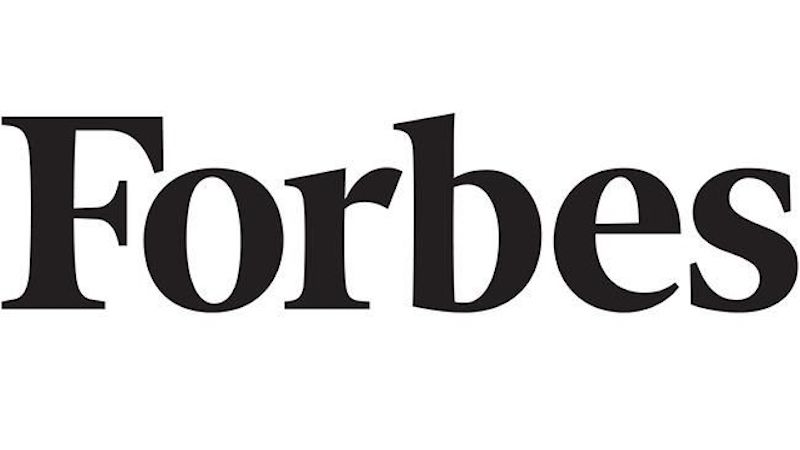By Gladys Kong, originally for Forbes
Despite dominating the streaming industry since streaming was a thing, Netflix now faces some serious competition and may lose its title as the reigning leader in streaming video content. Part of the reason it may be relinquishing its crown is because Netflix is losing The Office, which will join NBC’s owned and operated streaming service, Peacock, in 2021.
The Office is not only the most popular licensed TV series on Netflix, but it’s reportedly the most popular series on the platform, period. The popularity of the series is largely due to the fact that the show focuses on the common experience of forging relationships at the workplace. The pandemic and transition to working from home has highlighted just how important those connections are.
Workers often take their office relationships for granted. The term “watercooler conversation” has a negative connotation. It’s used to describe workplace interactions that many people consider superficial and tedious — or painfully awkward, at worst.
Meanwhile, some managers actively discourage their workers from engaging in too much casual conversation because they think of it as a waste of time and a sign of slacking off.
The reality is that there’s incredible value in our casual office encounters, both from a mental health standpoint and a workplace productivity standpoint.
The vast majority of workers miss the workplace, however, according to a recent study conducted by career advancement website Glassdoor (via SHRM), and their top reason for wanting to go back to the office is they miss socializing with their co-workers and the benefits of in-person collaboration.
Whether you prefer the interactivity of the office or working from the comforts of your living room couch varies by personality and the type of work each person does. Software engineers, who require hours of intense solo work to finish their tasks, are more likely to prefer working remotely, while sales and marketing professionals, who are more collaborative in nature, tend to thrive better in a traditional office setting.
Research shows that all employees benefit from in-person interaction with their colleagues, regardless of their job or personality.
Take, for instance, Bank of America, which used to have its customer service representatives take lunch at different times to avoid having a shortage of people fielding customer service complaints. But an audit of the company’s operations showed that productivity increased when employees ate lunch together and socialized with one another. Workers were happier, and that translated to better performance on the job. The same rule applies to software developers and other jobs that require lots of solo work, according to Humanyze, the consultancy that conducted the audit.
We get these casual interactions all the time when we’re in the office — when we ride the elevator up to our office floor, when we refill our coffee, when we see someone in the hallway on our way to grab more staples. It’s impossible to duplicate these chance encounters when everyone is working from home.
It’s likely we won’t see a return to normal office life for six months (and that’s an optimistic guess). We have to find ways to induce casual interactions using technology. Zoom happy hours are commonplace now, but jumping into a companywide Zoom call can be daunting for any introverts on staff. Instead, companies should schedule casual small-group teleconferences.
Managers should schedule nonchalant one-on-ones with their workers — meetings that don’t involve any performance reviews but are a chance to chat off the cuff. Teams within the organization should meet on their own or in groups of two to three. And casual phone calls between senior-level management and entry- to midlevel employees should be encouraged so as to increase communication and cohesion across the entire organization.
The Office is iconic because it touches upon a universal truth for people with white-collar office jobs: The office is a sort of a haven from the stresses of our personal lives, and when you work at a place long enough, your co-workers can become something of a second family.
Technology can’t recreate those real-life connections, but in the meantime, we can do our best to try.

